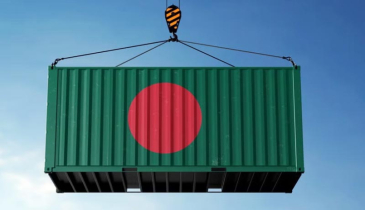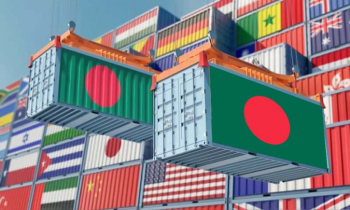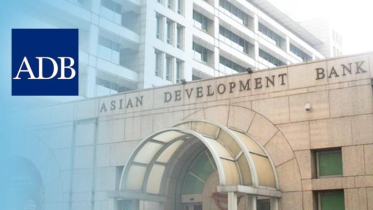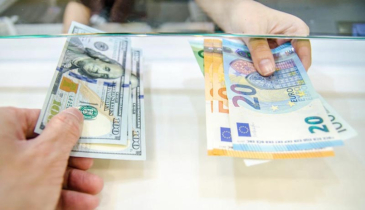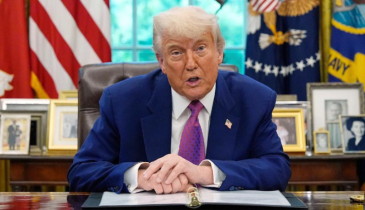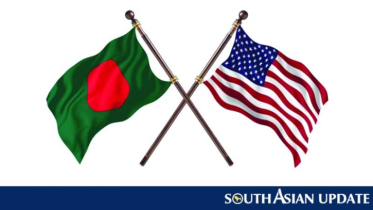Bangladesh-US hold tariff talks 'on all key issues'
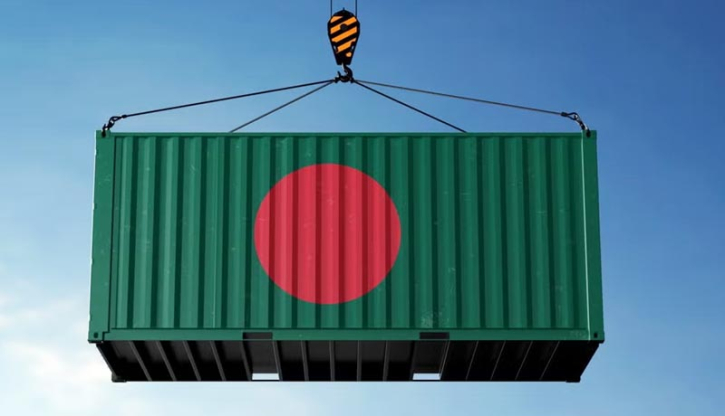
The second round of high-stakes tariff negotiations between Bangladesh and the United States commenced on Wednesday in Washington, DC, with the first day concluding after extensive discussions. Officials from Bangladesh's Chief Advisor's Office described the talks as "very comprehensive,".
These vital discussions come at a critical juncture, as the US is poised to implement a 35% tariff on Bangladeshi exports starting August 1, 2025. This proposed tariff, formally announced by US President Donald Trump in a letter to Bangladesh's Chief Advisor Muhammad Yunus, presents a significant threat to Bangladesh's substantial $8.4 billion export market to the US, particularly impacting its cornerstone ready-made garments (RMG) sector.
Experts suggest that such a tariff could elevate the cost of Bangladeshi goods in the US by over 50%, potentially leading to a loss of competitiveness, a shift in buyer preference to other countries like Vietnam or India, and even factory shutdowns and job losses in Bangladesh.
The Bangladeshi delegation in Washington is led by Commerce Advisor Sheikh Bashiruddin. Adding a unique dynamic to the negotiations, National Security Advisor Dr. Khalilur Rahman and the Chief Advisor's Special Assistant on ICT and Telecommunications, Faiz Ahmed Tayeb, participated virtually from Dhaka. Senior officials from Bangladesh's commerce ministry are also attending the meetings in the US capital.
On the American side, representatives from key agencies, including agriculture, energy, commerce, and copyright, joined the discussions, emphasizing the broad scope of trade issues under consideration.
These talks are a continuation of efforts to mitigate the impact of the proposed tariffs. Bangladesh had previously engaged in a first round of negotiations in late June, which reportedly showed some initial progress. Bangladesh is one of 14 countries that will be affected by the new US tariff policy.
The discussions are set to resume at 9:00 PM Bangladesh time on Thursday and will continue through Friday. Officials from Bangladesh remain hopeful that these ongoing dialogues could pave the way for preferential trade arrangements, especially for critical sectors such as textiles, apparel, leather, and pharmaceuticals, and potentially lead to a reduction or modification of the impending tariffs. The outcome of these three-day talks will undoubtedly have significant implications for Bangladesh's economy and its trade relations with the United States.
.png)


